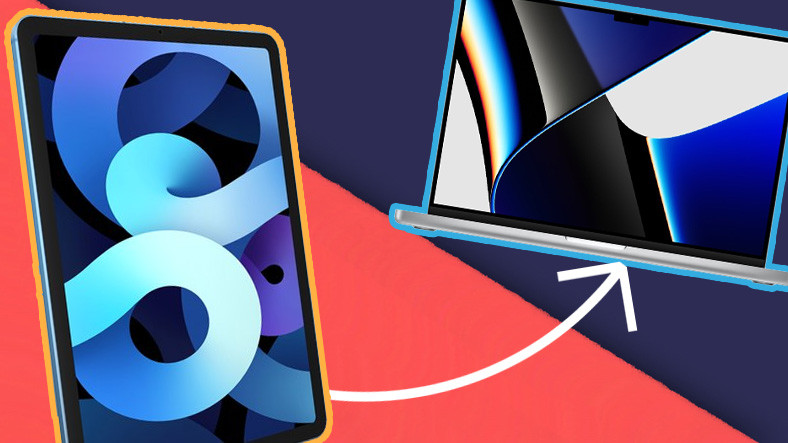fantastic speed
In this way, it was possible to break the previous record for data transmission using a single light source and a petabit per second optical chip. And to put that number in perspective, one petabit equals one million gigabits. One gigabit, or 1,000 megabits, is the fastest data download speed money can buy for most households.
For this astonishing feat, researchers from the Technical University of Denmark (DTU) and Chalmers University of Technology used a special optical chip that can use a single infrared light and split it into hundreds of different frequencies evenly spaced from each other. Together they are known as a frequency comb. Each frequency in the comb modulates the wave properties of the light, which can store data separately, allowing scientists to transmit many more bits than traditional methods.
How did scientists achieve this?
In a study of the study published in the journal Nature Photonics, scientists describe how they transmitted “fictitious” data at 1.84 petabits per second over 8 kilometers of optical fiber using 223 wave channels in a frequency comb. According to scientists, more than a thousand lasers are required to transmit data at these speeds using commercial equipment. Only one was needed for this experiment, which used a state-of-the-art chip.
The peculiarity of this chip is that it produces a frequency comb with ideal characteristics for fiber optic communication. It has high optical power and covers a wide bandwidth in the spectral region, which is interesting for advanced optical communication.
Victor Torres, head of the research group and professor at Chalmers, said in the company’s press release.
Is it applicable in life?
Despite the dizzying speed, the researchers say they’re just getting started and believe speeds up to 100 petabits per second are possible.
The technology has yet to be implemented, although the researchers’ efforts show that it is possible. But scientists believe their solution could make data transmission much more efficient, thereby leaving a “smaller climate footprint.”
Source: 24 Tv
I’m Maurice Knox, a professional news writer with a focus on science. I work for Div Bracket. My articles cover everything from the latest scientific breakthroughs to advances in technology and medicine. I have a passion for understanding the world around us and helping people stay informed about important developments in science and beyond.













